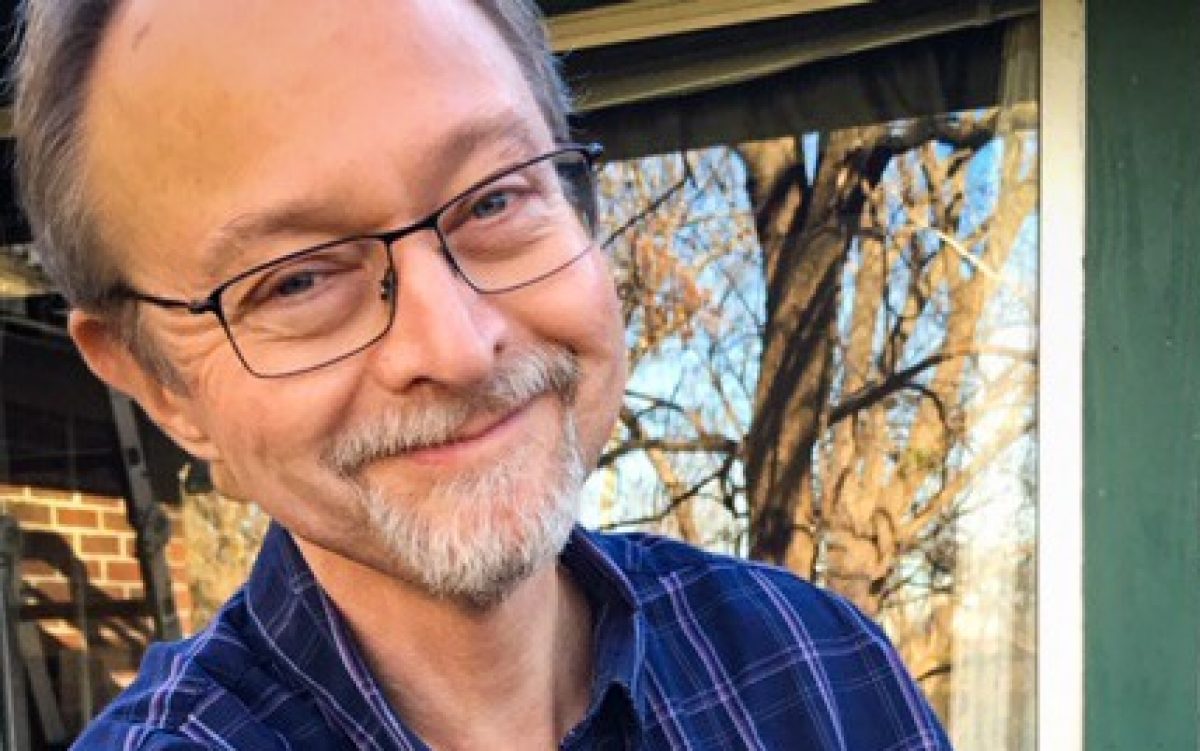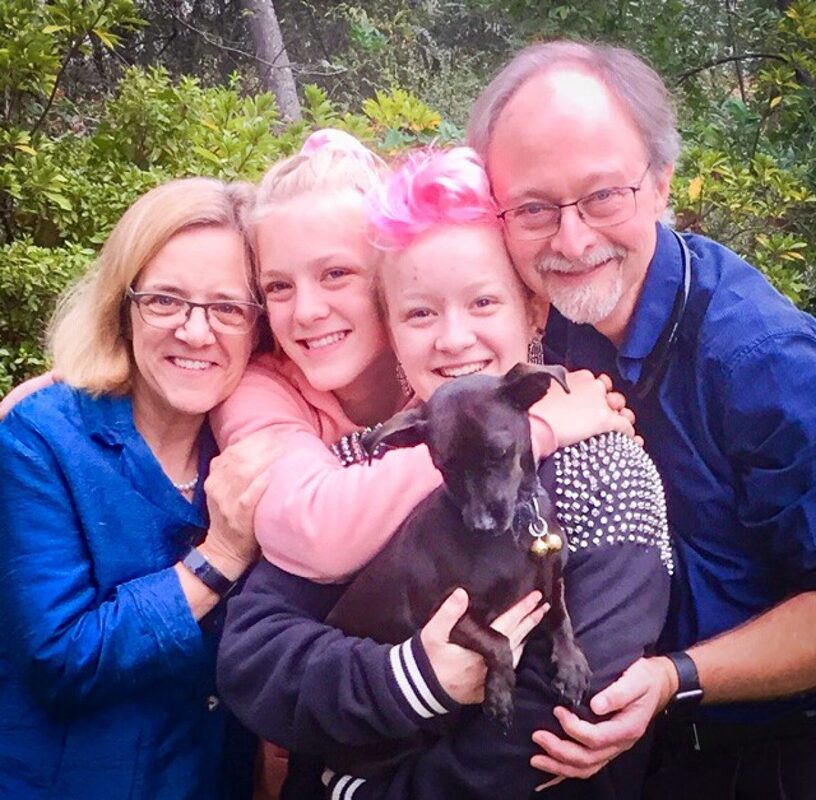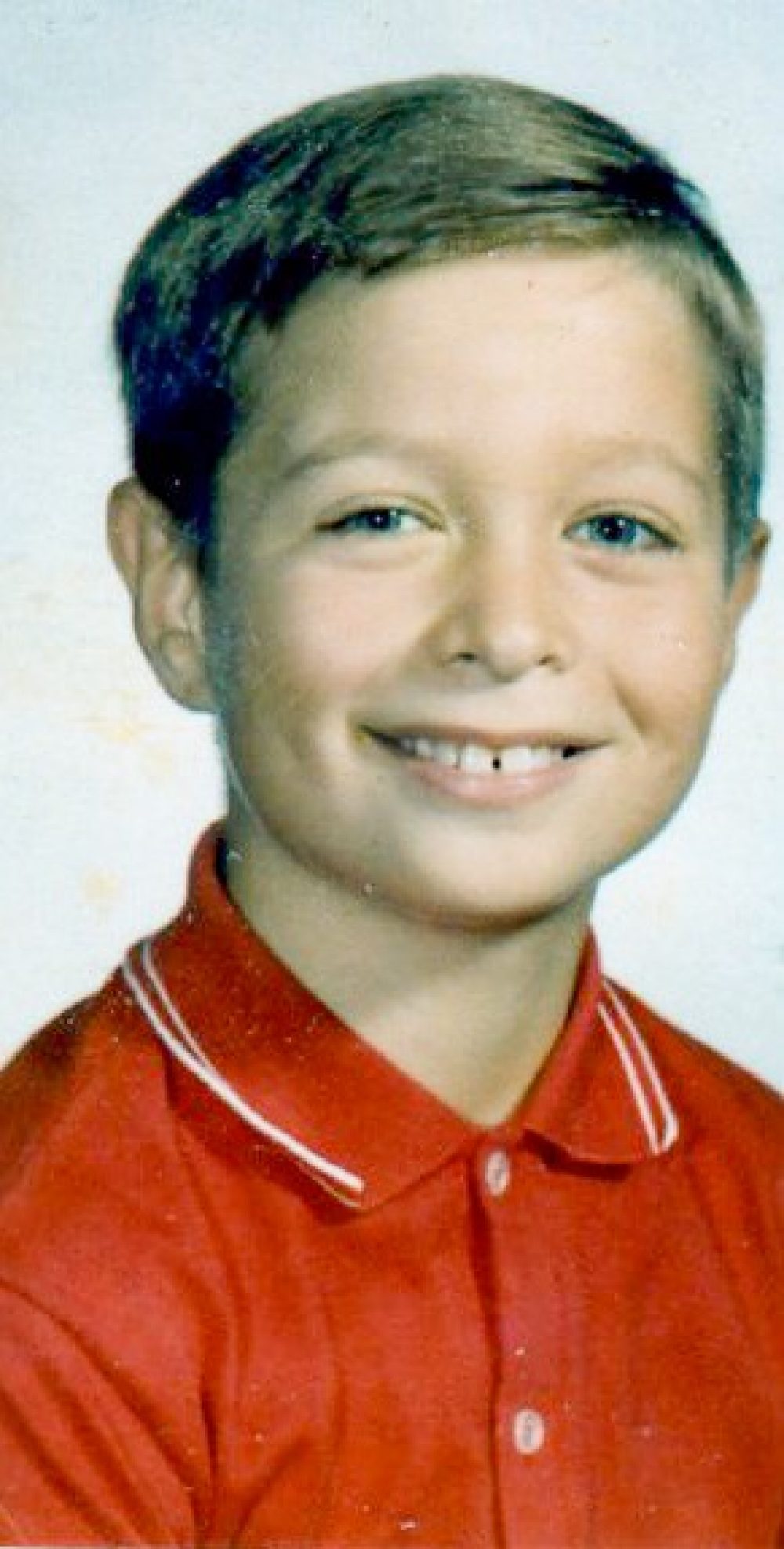
Photo by National Cancer Institute on Unsplash
Ideally, we would rise to the occasion and transform the adversity into an opportunity for greater happiness. We would use the adversity to deepen our own wisdom and compassion, and transform it into something we can embrace. We would chew it up, swallow, and digest it, and be closer to enlightenment as a result. That's the ideal, as the Tibetans say: transform adversity into spiritual growth.
— B. Alan Wallace in Boundless Heart
Yes, some adversity can be transformed into spiritual growth and greater happiness. But there are limits. Let's not pretend that all of life is the unfolding of a heavenly script known by God. Or that all things that happen are meant to be because of karma or fate. No need to sugarcoat the world. The world offers love and beauty, to be sure, but also sadness and violence. Some of the sadness and violence are not meant to be.
Let's try out instead the idea, advocated by open and relational theologians, that there really is a divine source of good at work in the universe, all-influential but never in a dominating way, and that the very nature of this God is Love. Let us acknowledge that just as the God has power, so the world has power.
By the power of the world I have in mind the agency of human beings, of course, but also the agency of other animals, living cells, and the microscopic events within the depths of atoms. I have in mind the agency of the kindly grandmother and the playful puppy, but also that of the deadly virus and the ferocious hurricane.
Sometimes worldly power produces great good: love and beauty, for example. It is not evil. But sometimes it produces great tragedy, including terrible suffering for which no instrumental good can compensate. Witness terrible forms of cancer or Alzheimer's disease. Witness also murder and rape, genocide and abuse. The power of the world unfolds as good and evil, love and hatred, peace and violence, justice and injustice, sadness and beauty, tenderness and tragedy.
In light of tragedy, what is the good news? Open and relational theologians offer three ideas worth considering:
Each of these three ideas deserves extensive discussion, and some might disagree with the third. Here I myself am deeply influenced by the pioneering work of the process theologian David Ray Griffin, who suggests that there is more evidence for life after death than against it. See Parapsychology, Philosophy, and Spirituality: A Postmodern Exploration (1997).
The point here is that God is not in the business of causing suffering or even knowing it in advance. The world has its own power and this power includes the power of cancer cells. God is in the business of offering fresh possibilities for growth, whatever happens, in this life and in whatever continuing journey comes later. The awakening of my former student and lifelong friend, Len Delony, provides an example of this transformation on earth as it is in heaven. May we,too, awaken in just the ways he has awakened.
- Jay McDaniel, March 9, 2021
Let's try out instead the idea, advocated by open and relational theologians, that there really is a divine source of good at work in the universe, all-influential but never in a dominating way, and that the very nature of this God is Love. Let us acknowledge that just as the God has power, so the world has power.
By the power of the world I have in mind the agency of human beings, of course, but also the agency of other animals, living cells, and the microscopic events within the depths of atoms. I have in mind the agency of the kindly grandmother and the playful puppy, but also that of the deadly virus and the ferocious hurricane.
Sometimes worldly power produces great good: love and beauty, for example. It is not evil. But sometimes it produces great tragedy, including terrible suffering for which no instrumental good can compensate. Witness terrible forms of cancer or Alzheimer's disease. Witness also murder and rape, genocide and abuse. The power of the world unfolds as good and evil, love and hatred, peace and violence, justice and injustice, sadness and beauty, tenderness and tragedy.
In light of tragedy, what is the good news? Open and relational theologians offer three ideas worth considering:
- Creative transformation happens. Some suffering, some tragedy, is indeed be transformed into personal growth. People actually grow psychologically and spiritually, and for the better. They gain perspective; they become more loving; their capacities for wonder increase; they learn to listen more; they become more forgiving. This can happen amid, not apart from adversity. Societies, too, can be creatively transformed. They can become more just, sustainable, and joyful: good for people and good for the earth.
- We are never alone. The Love at the heart of the universe, God, is an eternal companion to all the world's joys and sufferings and is continuously at work in the world as a lure toward creative transformation, individually and socially. God never gives up on us or anybody. Not people, not the animals, not the earth, not the stars. God's covenant is with each and all.
- There is always hope. The companionship and luring power of divine Love may well continue in a continuing journey after death for human beings and other living beings, which means that tragedy,while real, may not have the last word. We live in a universe with multiple dimensions and the life-stream of a human being (or other living being) is not reducible to brain chemistry. Consciousness is more than the brain. An ultimate redemption is imaginable and possible, for eacn and all.
Each of these three ideas deserves extensive discussion, and some might disagree with the third. Here I myself am deeply influenced by the pioneering work of the process theologian David Ray Griffin, who suggests that there is more evidence for life after death than against it. See Parapsychology, Philosophy, and Spirituality: A Postmodern Exploration (1997).
The point here is that God is not in the business of causing suffering or even knowing it in advance. The world has its own power and this power includes the power of cancer cells. God is in the business of offering fresh possibilities for growth, whatever happens, in this life and in whatever continuing journey comes later. The awakening of my former student and lifelong friend, Len Delony, provides an example of this transformation on earth as it is in heaven. May we,too, awaken in just the ways he has awakened.
- Jay McDaniel, March 9, 2021


